 This site uses cookies in order to function as expected. By continuing, you are agreeing to our cookie policy.
This site uses cookies in order to function as expected. By continuing, you are agreeing to our cookie policy.
Agree and close
 This site uses cookies in order to function as expected. By continuing, you are agreeing to our cookie policy.
This site uses cookies in order to function as expected. By continuing, you are agreeing to our cookie policy.
Agree and close

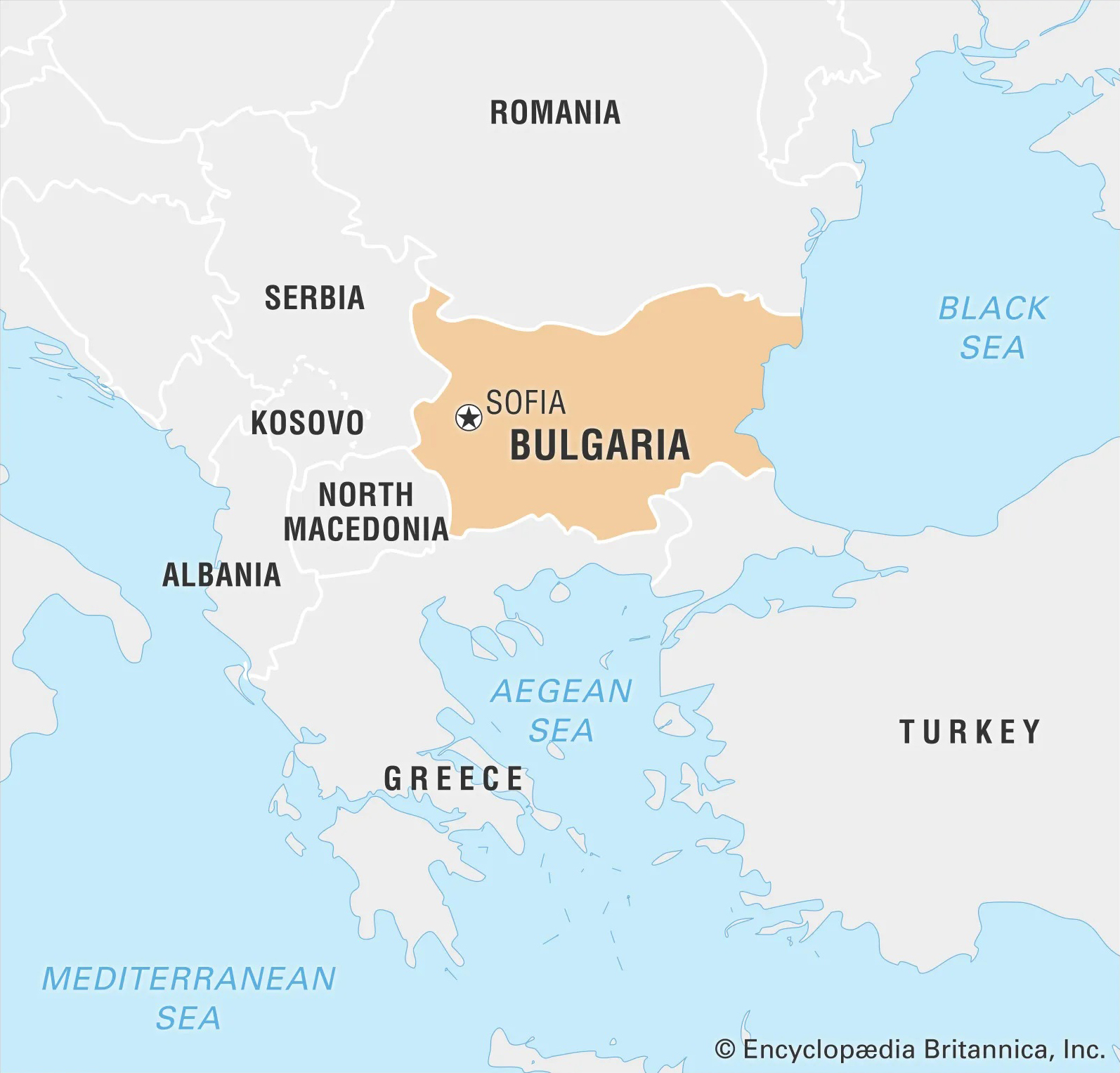 България
България
Sustainability Training Systems in the tourism field – Bulgaria
On the basis of the trainings in Bulgaria being identified and observed, the current short report aims to outline some common aspects and trends, as well as to serve as a general overview of the situation related to the sustainable tourism trainings in the country.
In order to identify and collect information related to the sustainability training systems in Bulgaria in the field of sustainable tourism, a desk-research was carried out between mid-May 2021 and early June 2021, leading to the identification of 8 (eight) training systems related to sustainable tourism. After a thoughtful analysis of the gathered information from these 8 tourism sustainability training systems, the following observations could be made in connection with the type, topics and content of those trainings.
The capacity building in the tourism sector in Bulgaria is not sufficiently segmented into tourism types (such as environmental tourism, alternative tourism, cultural tourism, ski tourism, etc.). Those segments and such varied tourism offer certainly exist in Bulgaria and are available to the final customer. Nevertheless, the training systems, competences and skills acquired are of a more general character, such as tourism management, hotel management, etc., considering and/or addressing on few occasions a specific type of tourism. Most of the training systems being identified are elaborated under EU-funded projects focused on the sustainable tourism topic.
When sustainable tourism programmes were identified, the big majority of them have been conceptualised and made available in the framework of EU-funded projects (Erasmus+ for most of them), some of which led by Bulgarian partners as coordinators and others including Bulgarian partners within the respective project consortiums. As most of the project-based sustainability training programmes have been or are currently being implemented thanks to the Erasmus+ Programme, they allow not only SMEs but also individuals to take benefit out of these trainings.
With few exceptions, most of the trainings are provided as self-learning and self-examination online tools necessitating registration from the potential learners. Assistance from trainers has sometimes been secured, but most of the time the learners have to rely on their own rhythm and self-organisation management when learning from each module and passing all necessary self-checks in order the receive a certificate and/or the desired knowledge. In most cases, those certificates (when available) are free of charge or obtained after paying a small fee upon completion of a free of charge online training. These certificates are however often not compulsory and sometimes not available if the training is informal and if its main purpose is to raise awareness and/or to just incite learners to use sustainability methods in the management of their tourism business.
The majority of the courses are largely comprehensive and offer insights on adjacent sectors and sub-topics, such as for instance energy efficiency, waste management, circular economy, water or natural and cultural heritage. Other topics that can explored as well are environmentally friendly mobility, value chain management and fair trade, sustainable certification and marketing information, etc.
Most of the sustainable tourism training providers in the country are either part of collaborative networks by implementing EU-funded projects similar to ETGG2030 in their respective countries (including in Bulgaria) or are local representations of European or global players in the field.
Unfortunately, there are trainings that are only planned as one-time workshops and although being good initiatives, their temporary character gives no certainty that they would be reiterated in future by the same provider.
In addition to the trainings themselves, it is important to mention that there are tourism SMEs in Bulgaria which already apply sustainable tourism practices without being certified or without passing a training (for instance by encouraging tourists to use towels twice or use water reasonably or buying local food products). However, the certain added value that they are willing to provide in their tourism businesses and also the willingness to target relevant customers’ and/or business segments remain scattered as a space and not sufficiently addressed to the public.
Another characteristic that is worth mentioning is that Bulgaria has a number of centres for Vocational Education and Training (VET), which focus their trainings on individuals in various sectors, including tourism, rather than on companies. Moreover, those VET trainings are not indented to incite businesses to provide an alternative tourism offer (such as sustainable tourism, be it environmental, cultural or both) but are mainly intended to help the trainees to increase their employability and access to the conventional tourism labour market (including marketing, tourism management and low to mid-qualified roles, based on previous education, previous roles in the hospitality industry as a whole, etc.).
Another note worth mentioning from the identification work related to sustainable tourism training courses in Bulgaria is that, along with the mentioned VET, several universities in Bulgaria are providing curriculum for students in the field of sustainable tourism or more largely in other sustainability disciplines, in order to get them ready for the labour market and offer them labour-related opportunities thanks to proper qualification. The focus, here again, is on individuals in a personal capacity and not as part of employed persons of an SME, whose employees or management might have to pass a sustainability training course.
As of June 2023, some of the trainings found appear as if they are discontinued. Nevertheless, the training systems providers in question could be contacted and kindly asked whether the training content and materials might be provided on-demand.
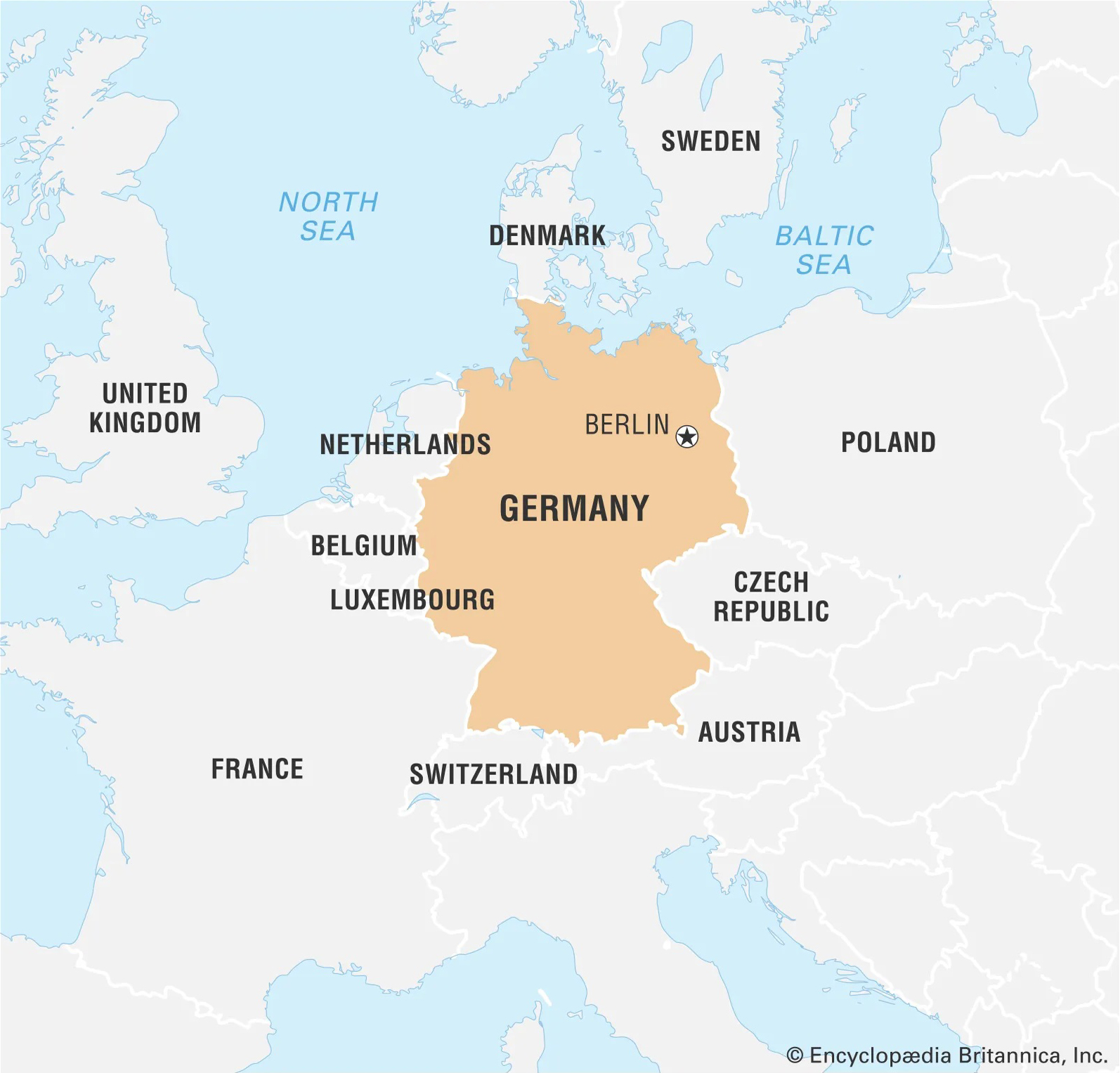 Deutschland
Deutschland
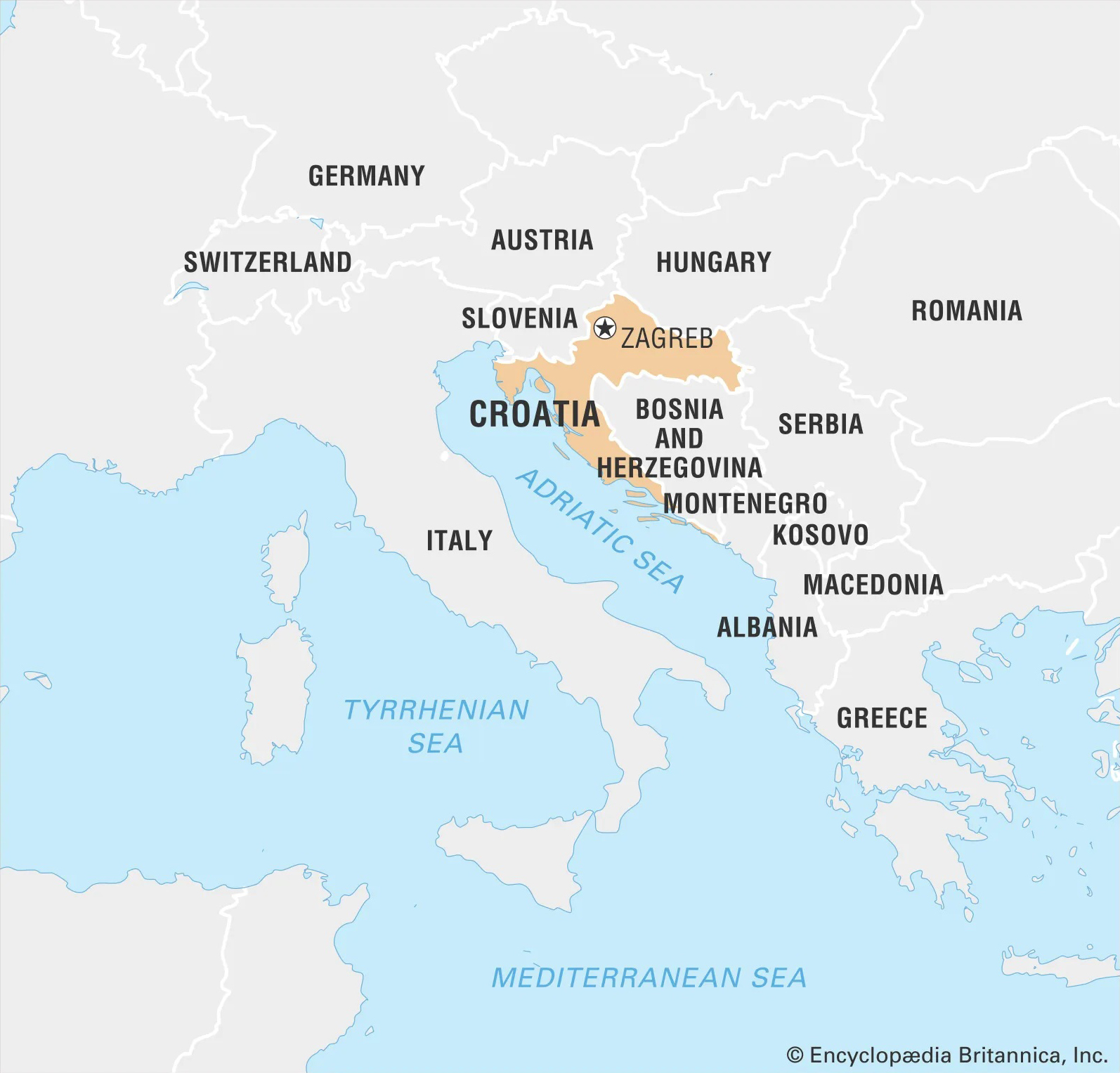 Hrvatska
Hrvatska
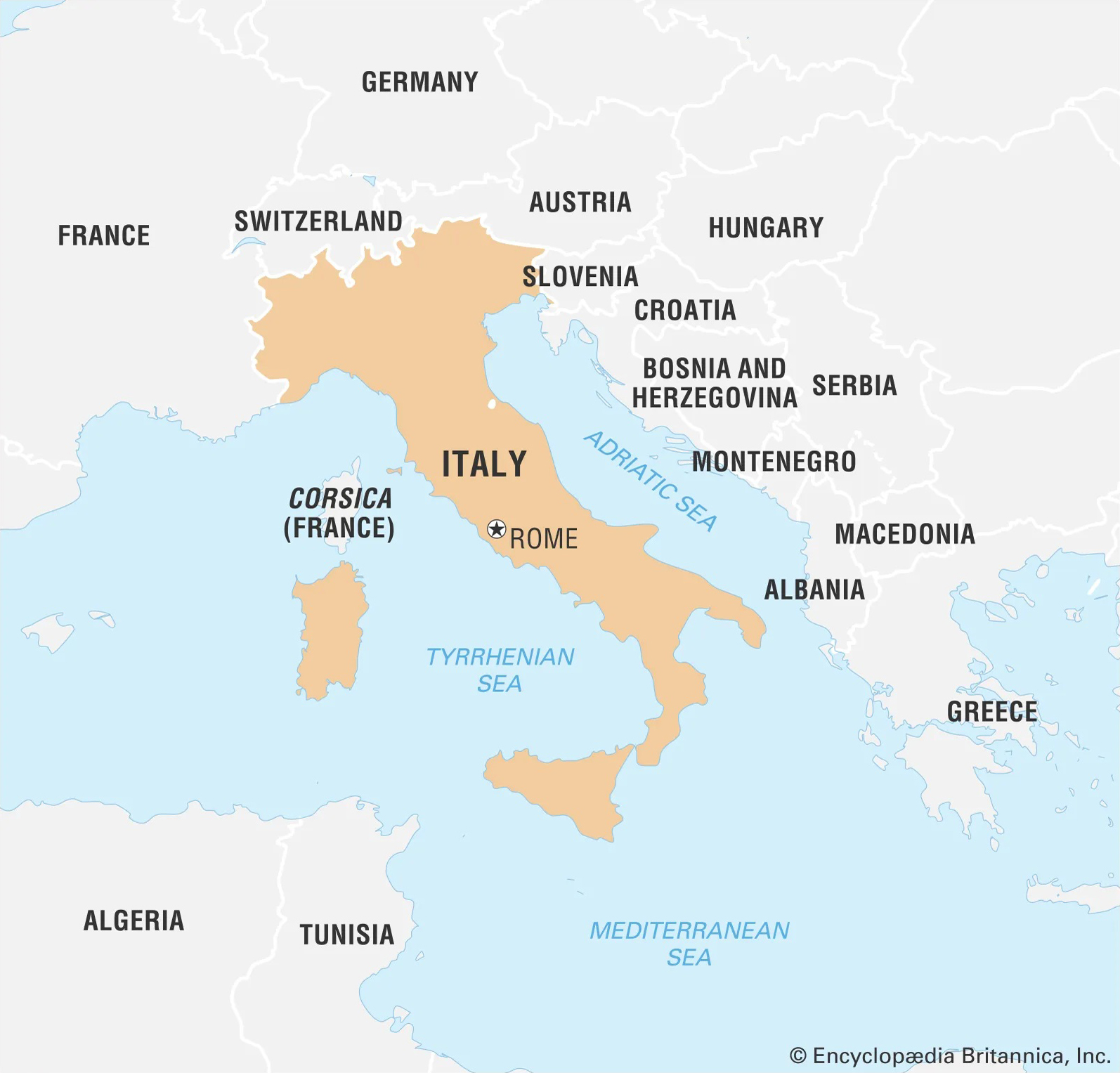 Italia
Italia













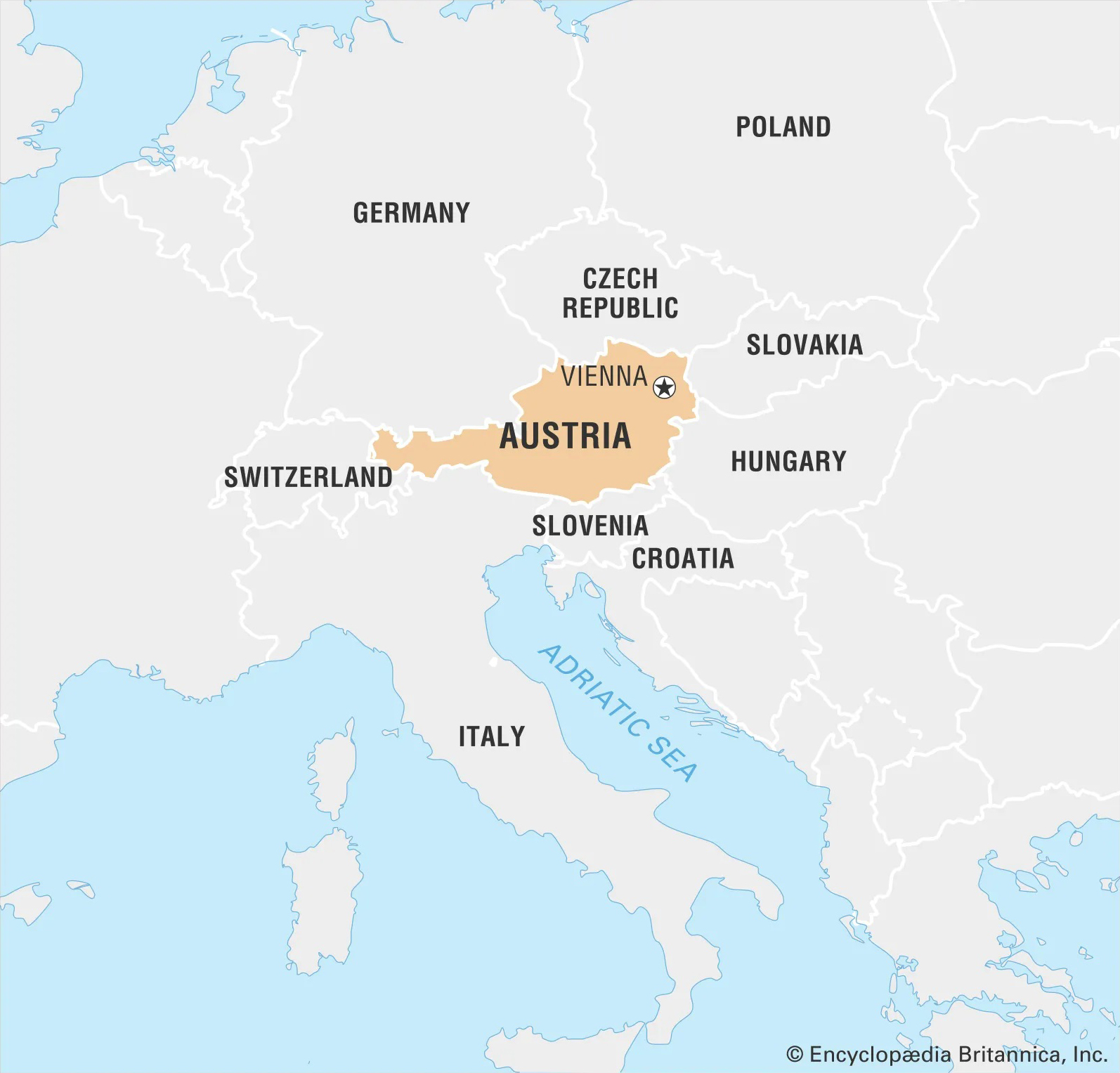 Österreich
Österreich
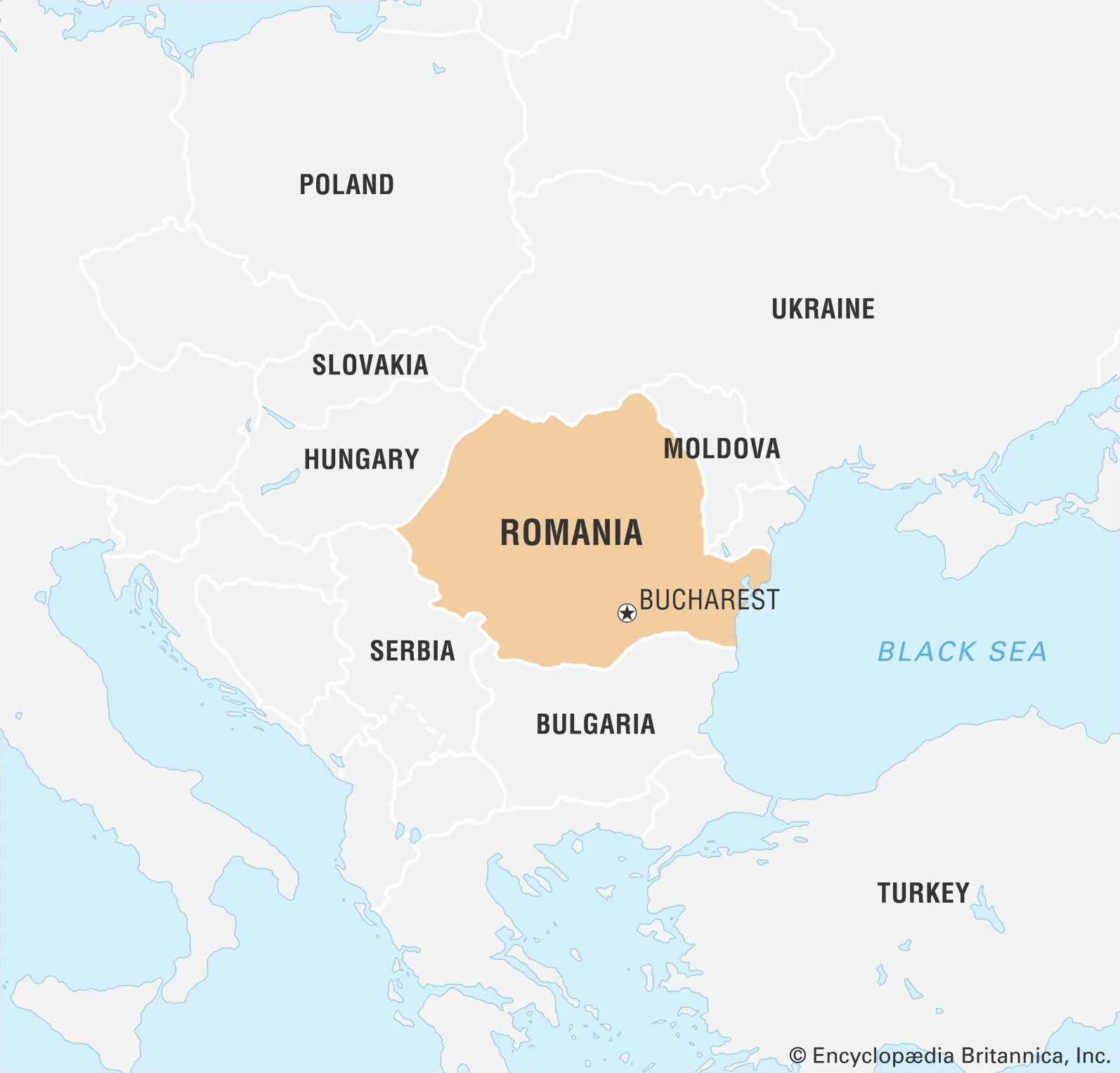 România
România